SUMMARY
This is AI generated summarization, which may have errors. For context, always refer to the full article.
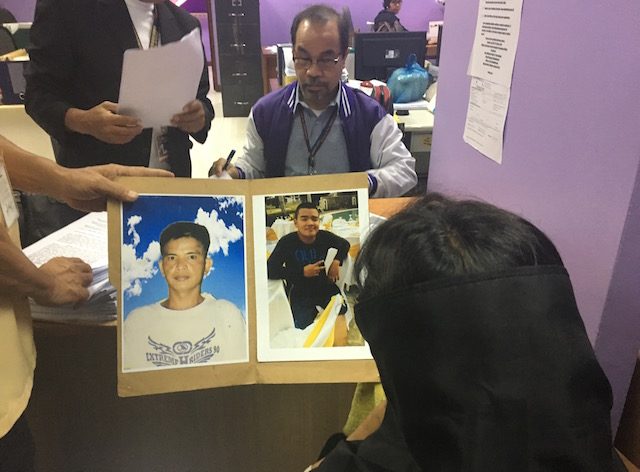
It was a win that Mary Ann Domingo waited for, for four years, one among only a few in the legal fight against President Rodrigo Duterte’s drug war. But it was also a win short of what she would have wanted, which is to charge for murder the killers of her husband and son.
Because while the Office of the Ombudsman rejected the self-defense argument of the policemen who shot and killed Luis and Gabriel Bonifacio in a Caloocan raid in September 2016, the prosecutors did not find basis to file murder charges against the cops. Instead they filed only homicide charges, a bailable offense.
In a 2020 resolution disclosed only on Monday, June 14, by Domingo’s lawyers, now-retired deputy ombudsman Cyril Ramos indicted Caloocan policemen Master Sargeant Virgilio Cervantes, Corporals Arnel de Guzman, Johnston Alacre, and Artemio Saguros for homicide. He said there was no basis for murder charges due to lack of proof that the raid “was conceived for the purpose of killing.”
Ombudsman records showed Ramos’ subordinates drafted this resolution as early as January 2020, which he approved only in September 2020. Domingo’s lawyers appealed to upgrade the indictment to murder the next month, in October 2020, but Ramos sustained the original resolution on March 26, 2021.
Domingo’s lawyers were belatedly notified on June 4.
Is this win proof that the domestic justice mechanisms are working?
Not quite, said Kristina Conti, the lawyer for Domingo. She said that the ongoing Department of Justice (DOJ) review panel didn’t even reach out to their organization, Rise Up.
Justice Secretary Menardo Guevarra said that if complaints had already been filed before the Office of the Ombudsman, they would no longer be covered by the review since “the ultimate purpose of the review is to determine any criminal liability and file the appropriate complaint with either the Ombudsman or the DOJ.”
But Rise Up was able to file only six complaints, out of the 20 they conducted case buildups for, and out of the total 200 cases of drug war deaths they looked at. Of the six, they have scored two indictments including this, two have been junked, and two are still pending.
Guevarra’s DOJ drug war review panel is now looking at 52 cases where the police have found administrative liability, and which the panel will study to determine if there is criminal liability.
“It’s a drop in the bucket, this DOJ investigation, and it comes too late. It’s Year 4 of the war on drugs,” said Conti.
The DOJ drug war review panel was started in June 2020.
Witnesses are dragged out of sight
The Bonifacios’ home was raided by the Caloocan police past midnight on September 15, 2016. Domingo was there, and so were their other children.
Domingo claimed there were 15-20 armed police officers who entered their house, and targeted Luis, her husband. Domingo said cops pointed their guns at them.
In the tense commotion, Domingo said she hurriedly went back upstairs to get their other children, but saw Luis “on his knees with guns pointed at his head,” according to the motion for reconsideration.
Gabriel, Domingo said, did not want to leave his father’s side. Domingo and their three other children “were eventually dragged down the stairs and outside” their home and into the street.
Then they heard gunshots. She was told Luis was already dead and Gabriel was taken to the hospital. Gabriel did not survive.
There were no autopsies conducted because when asked at the hospital if she was going to pursue legal action, Domingo “answered in the negative because of fear and distrust [of] the police officers,” said the resolution.
Rappler’s investigation into drug-related killings in Bulacan showed a tendency of relatives to refuse autopsies, citing varying reasons like they couldn’t afford it or that they just wanted immediate closure.
For human rights defenders, it paints a culture of fear that not only discourages families from pursuing cases, but also forces them to lie low. Given these, the avenues for evidence-gathering like autopsies are shut.
Why homicide, not murder?
Like all other raids that resulted in death, the Caloocan policemen said the father and son drew guns and fired at them. Shooting them was a matter of self-defense, they said.
The cops showed as proof photos of the guns used by Luis and Gabriel.
“However, it is mindboggling that no photograph of any slug mark was taken, particularly from the vicinity where said police officers took cover, and proffered,” said the resolution.
“Such omission casts a heavy doubt on the veracity of their claim that they were fired upon by Luis and Gabriel,” the resolution added.
Aside from that, Luis and Gabriel suffered multiple gunshots from four cops who fired at them.
“The sheer number of wounds alone on vital parts of the victims’ body totally negates their pretensions at self-defense but rather indicates a determined effort on their part to kill and not just to defend themselves,” said the resolution.
Despite this, deputy ombudsman Ramos still issued only an indictment of homicide “because the records are bereft of evidence that would establish evident premeditation as there is no showing that the buy-bust operation was conceived for the purpose of killing Luis and Gabriel.”
Evident premeditation, or evident planning, is among the six elements of murder.
So is “treachery, taking advantage of superior strength, with the aid of armed men, or employing means to weaken the defense or of means or persons to insure or afford impunity.”
But the resolution said there was no treachery “because there is no showing that the attack on the latter was made swiftly, deliberately, unexpectedly, and without a warning, thus affording the unsuspecting victims no chance to resist or escape the attack.”
And although the raid itself was carried out by 15-20 armed policemen, the deputy ombudsman said Domingo’s testimony “does not show that said police officers employed abuse of superior strength to ensure the execution and success of the crime.”
The deputy ombudsman cleared the other policemen, including the one who led the raid, Police Superintendent Ali Jose Duterte.
Ramos was the same deputy ombudsman who junked the case of the Manila police’s secret cell in Tondo. The Commission on Human Rights has appealed the dismissal, but there is no known resolution yet.
Ramos retired on May 6 and his post remains open. It is a crucial post because whoever takes it will handle the complaints filed against law enforcers in the drug war.
This newest win, although partial for Domingo and her lawyers, comes amid an anxious wait for what International Criminal Court Prosecutor Fatou Bensouda would do.
Bensouda retires on Tuesday, June 15, and she promised that the next move would be announced before the end of this month.
Domingo’s group Rise Up has sent Bensouda a last-minute plea to request for the opening of an investigation and an issuance of an arrest warrant against President Duterte. – Rappler.com
Add a comment
How does this make you feel?
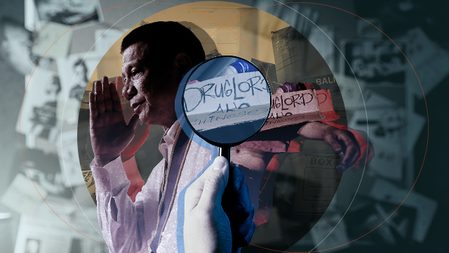
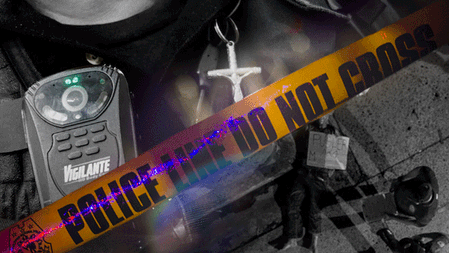
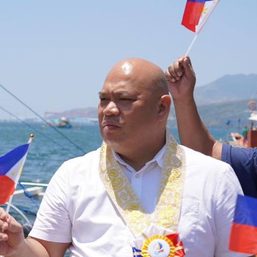
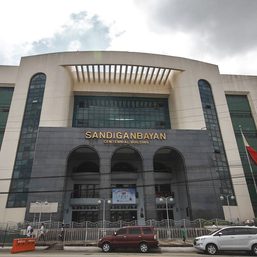
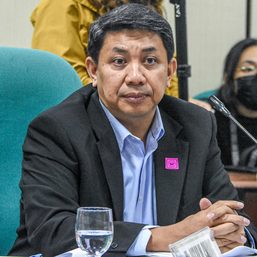

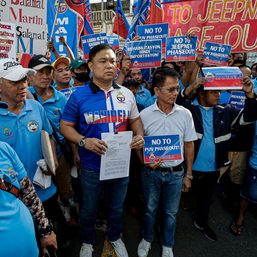
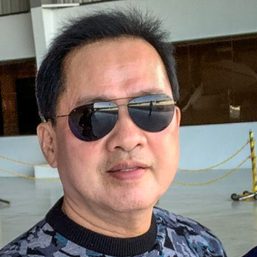
![[The Slingshot] Alden Delvo’s birthday](https://www.rappler.com/tachyon/2024/04/tl-alden-delvo-birthday.jpg?resize=257%2C257&crop=263px%2C0px%2C720px%2C720px)

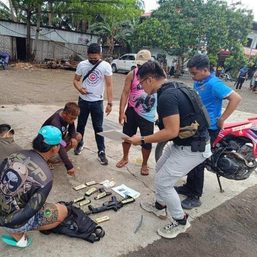
There are no comments yet. Add your comment to start the conversation.